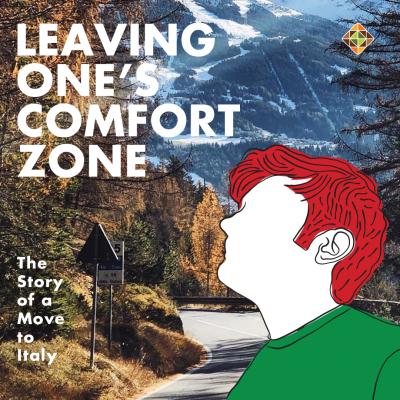The story of one man's escape from Erdogan's regime

ROME - For the last few years, emigration by the Turkish middle and upper classes has been an increasingly common thing. Of the many contributing factors, an undoubtedly crucial one is the distinct conflict between the “western values and modern ethics” of Turkey’s more prestigious schools, and the presidency of Recep Tayyip Erdoğan.
So argues the editor of Gökhan Kutluer’s new book, Leaving One’s Comfort Zone: The Story of a Move to Italy. Kutluer tells the story of his move from Turkey to Italy, following a burning desire to leave Turkey first instilled in him during his Erasmus semester in Italy as an undergraduate.
The first few years of Erdogan’s premiership were ones of increased trade and economic growth, however, of late his rule ha been more characterised by “social chaos” as Elif Naz Güveniş, Kutluer’s editor, puts it. Erdogan’s behaviour, which recently provoked Mario Draghi, the Italian Prime Minister, to call him a dictator, has led to the mass exodus of thousands of students, teachers, artists and other well-educated natives, among them Kutluer.
“There are a few, in our generation, who have narrated their story of leaving Turkey due to its social chaos,” writes Güveniş, and Kutluer’s story couldn’t have come at a better time. Turkey’s government has come under much scrutiny from Italy and people are no doubt much more aware of the problems driving the aspirational youth out of Turkey.
In the book, Kutluer’s second, he describes being exasperated “enough to justify [his] means to leave Turkey. Or should I call it the new Turkey, which has been created by Erdogan?”
Many social commentators have argued that Turkey’s young people are despairing, having grown up with him in charge for the last 18 years, and for the thousands who are doubtless still to follow in Kutluer’s path, his book is almost something of a guidebook, through the drastically changing cultural landscape as he travels from East to West.
Kutluer’s website describes the book as a “story of achieving to leave, of not being able to persist, of not belonging, of statelessness, of struggle, self-exploration, of solitude and loneliness, family affairs and self-recognition.”
This ever-relevant story of emigration was a huge success in Turkey and has now been translated into English.
ol




